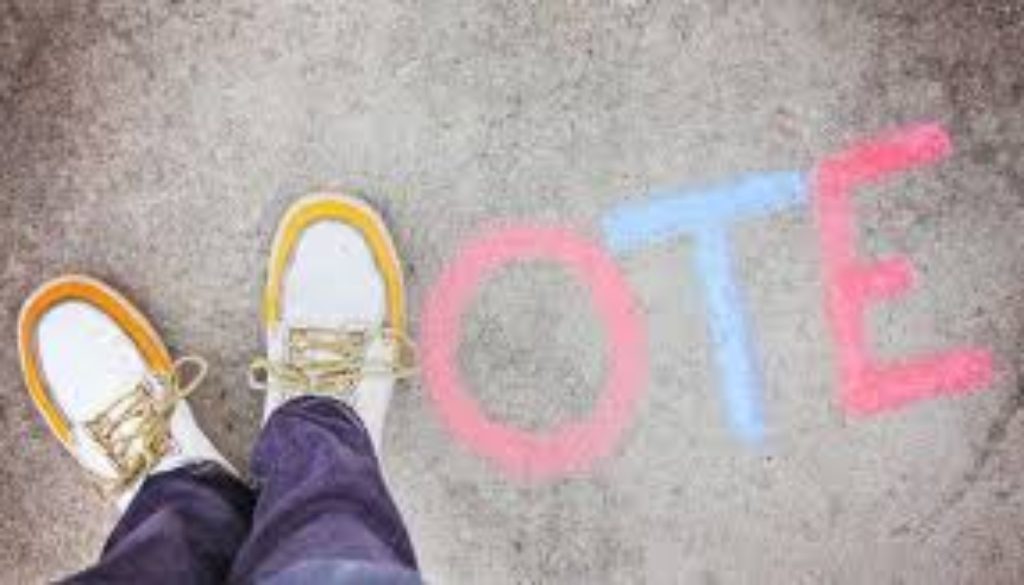Reflections on an intersectionality training
By Nancy Kagwanja, Dorothy Oluoch and Scholastica Zakayo
Social scientists at the KEMRI-Wellcome Trust research programme in Kenya meet every year or so to share ideas, learning and careers. Our 10th meeting was a three-day gathering themed around power and the power dynamics that we as researchers encounter in our daily lives and in navigating our fieldwork and other stakeholders interactions. Our meeting included an exciting one-day intersectionality training where instead of the usual suspects dominating (power point presentations, seasoned researchers, more vocal personalities), there were participatory activities and reflection sessions that encouraged inputs from us all.
One of the activities, ‘voting with your feet’, introduced the various identities that individuals may have, bringing to life Audre Lorde’s observation that, ‘there is no such thing as a single-issue struggle because we do not live single-issue lives’. The activity involved a ‘power walk’ where we all had a piece of paper giving us an identity that others could not see (e.g. a 13-year-old street boy, or female senior police officer). Assuming that identity, we responded to questions with a step forward when we felt we had power or privilege. The exercise provoked feelings of discomfort as we begun to deconstruct the myth that ‘people primarily get ahead because of merit’. This activity laid the ground work for another exercise where we discussed power and privilege in our institutions, including how historical context and socioeconomic factors can intersect with other social identities (like race and gender) to influence opportunity and marginalisation in different situations and settings.
As researchers, such reflection is key to understanding our positionality in research (including our privilege and vulnerability in relation to others, and participants’ varying situations), and how this may influence our perceptions and interpretations of our data. It reminds us to avoid viewing categories of research participants as homogeneous groups. For example, in low- to middle-income countries, the experiences of disabled women in rural settings in accessing health care may be different from those of other women in the same settings.
Intersectionality analysis is not just about adding up peoples’ vulnerabilities. Kimberly Crenshaw (Black American lawyer and scholar who coined the term ‘intersectionality’), in a passionate video emphasises that intersectionality (at least her use of it) ‘is not just about identities, but how structures make certain identities the consequence of the vehicle for vulnerability.’ An intersectionality lens therefore calls for thinking about the system; the structures and policies that continue to disadvantage certain identities. We discussed that social stratifiers (eg socio-economic status, professional status) may change over time, and that privileges and vulnerabilities can also be experienced at the same time in different situations. We must therefore place context at the core of our reflections and analyses in research, including consideration of generalizability or transferability of our research findings.
Overall, the three-day meeting has been an enlightening experience and we are all keen to consider power and using an intersectionality lens in our future work.
This training was organised by Rosemary Morgan, Kate Hawkins and Kui Muraya on behalf of RinGs.


25/03/2019 @ 11:34
A well written blog on power and intersectionality. I really enjoyed the 3-day Social Science Group meeting and the intersectionality training. We are in the midst of analysing our data and are keen to use an intersectionality lens in our analysis and interpretation of findings. The resources that were provided are very useful. Thank you Nancy, Dorothy and Scholastica for this blog